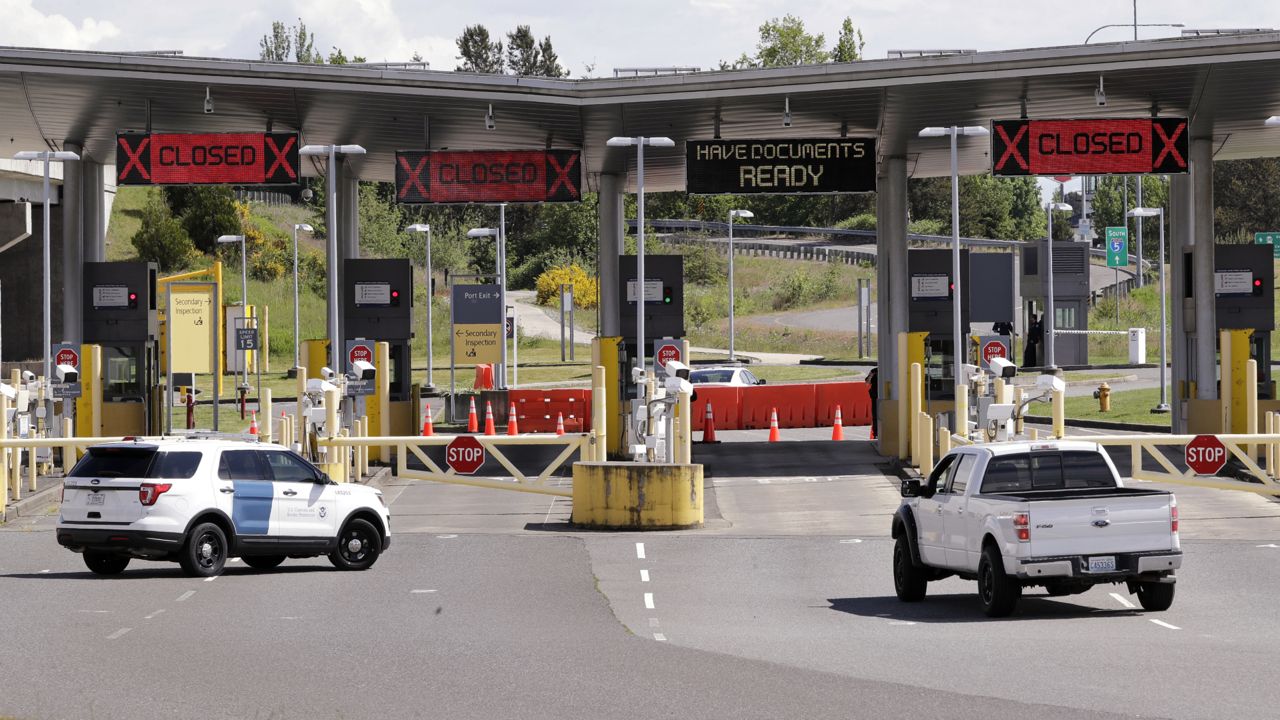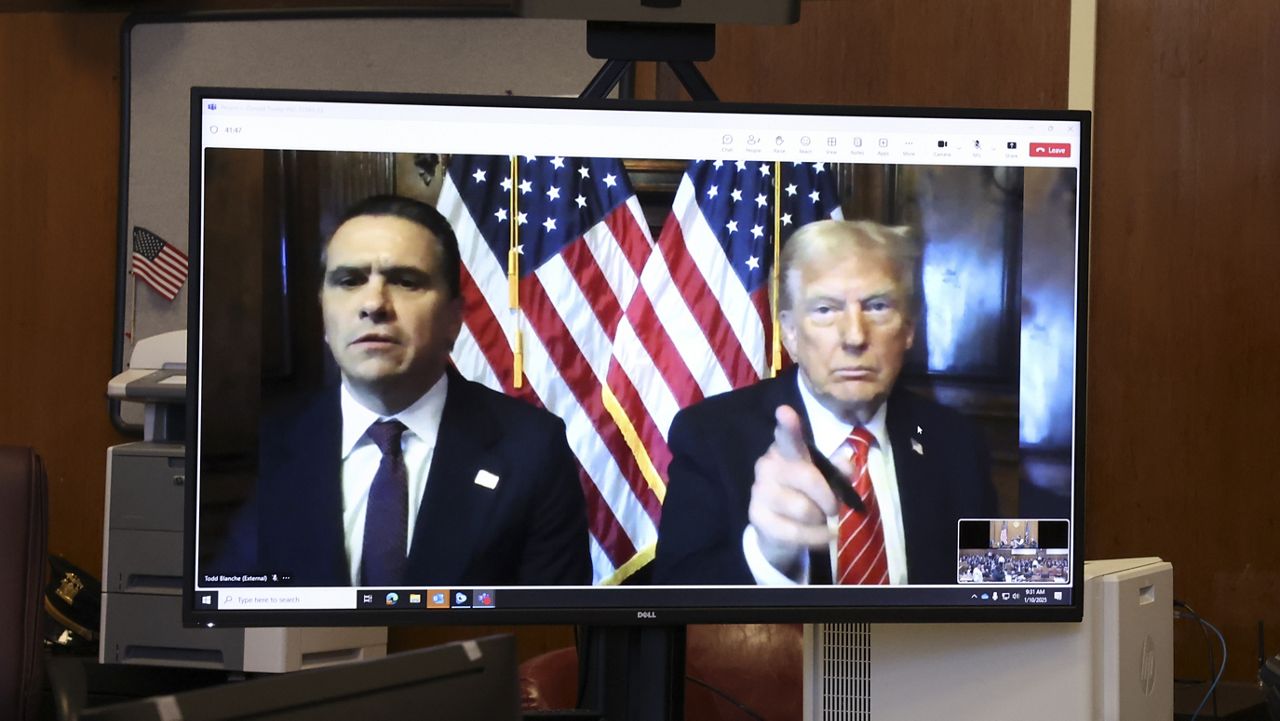For the eighth month in a row, the land borders between the United States and its neighboring countries to the north and south will remain closed to limit the spread of COVID-19.
Acting Secretary of the Department of Homeland Security Chad Wolf announced that the U.S. borders with Mexico and Canada will be closed until at least Dec. 21 in a tweet on Thursday.
“In order to continue to prevent the spread of COVID, the US, Mexico, & Canada will extend the restrictions on non-essential travel through Dec 21,” Wolf wrote. “We are working closely with Mexico & Canada to keep essential trade & travel open while also protecting our citizens from the virus.”
The measures were originally implemented on March 23 and have been extended for a period of 30 days every month since.
Canada’s Prime Minister Justin Trudeau reiterated the decision in his own tweet on Friday, writing: “Non-essential travel between our two countries remains restricted until at least December 21st.”
The agreement continues the suspension of both tourism and recreational trips. Essential commerce and trade remain unaffected.
Additionally, the agreement maintains that the U.S. Customs and Border protection will no longer detain illegal immigrants in holding facilities, and will instead return the detainees to their country of entry — be it Mexico or Canada. When such a return is not possible, the CBP will “return these aliens to their country of origin,” per the DHS website.
For travelers hoping to enter Canada from the United States, they must meet three requirements, per the government’s website: Travelers must prove they are travelling for an essential purpose or are an immediate family member to someone in Canada; the traveler must not presenting signs or symptoms of COVID-19; and the traveler must have a plan to quarantine for 14 days, unless otherwise allowed.
The United States has many more cases of the coronavirus than either of the bordering countries, having surpassed the grim milestone of over 250,000 COVID-related deaths on Wednesday. The country is rapidly approaching 12 million confirmed cases, according to data from Johns Hopkins.









